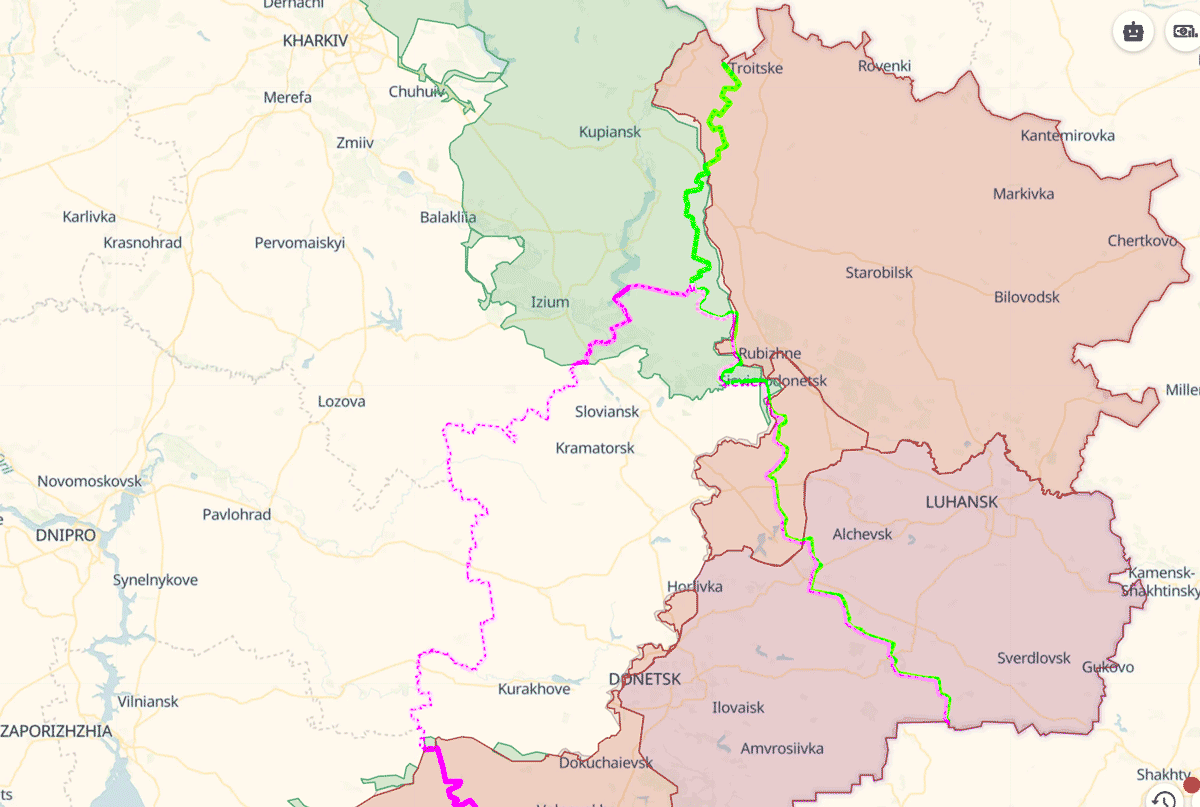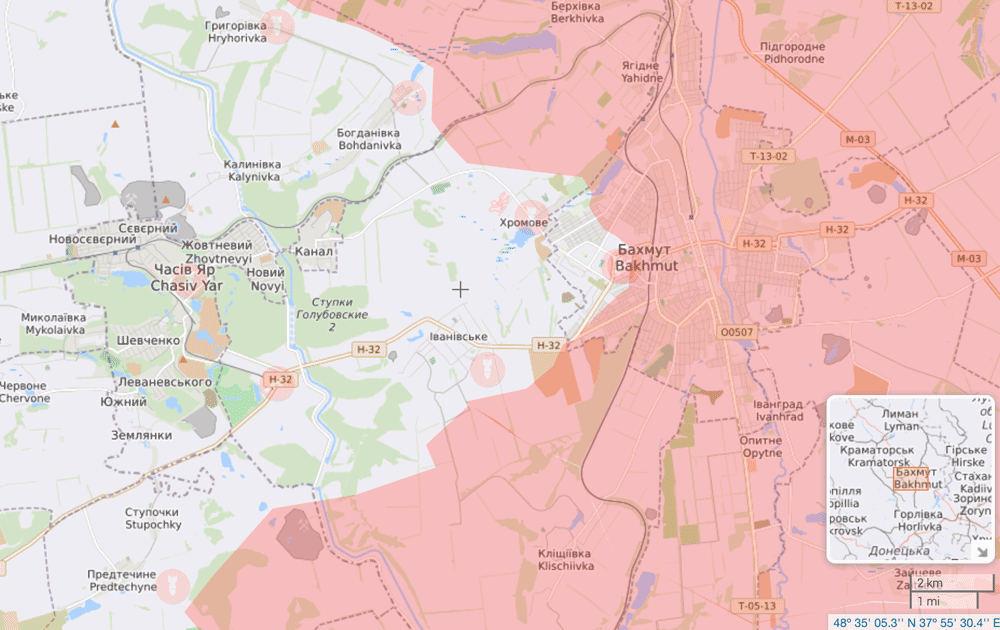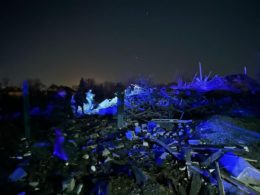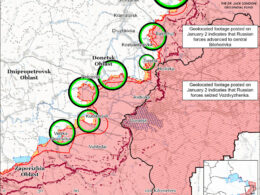Chief of the Russian General Staff Valery Gerasimov had announced on December 22 that Russian forces were focusing most of their efforts on seizing Donetsk Oblast, and Russian forces launched their winter offensive operation in early February along the Kupiansk-Svatove-Kreminna-Lyman line and on select frontlines in western Donetsk Oblast.
The UK Ministry of Defense (MoD) observed that Gerasimov has failed to extend Russian control over Donbas during his appointment as the theater commander in Ukraine and has achieved only marginal gains by expending mobilized personnel.
Ukrainian intelligence representative Andrii Yusov stated that Gerasimov missed the Kremlin’s deadline to capture Donbas by March 31.
Russian milbloggers fretted that Russian forces must finish their offensive operations in Bakhmut and Avdiivka to prepare for the Ukrainian counteroffensives they expect between Orthodox Easter on April 16 and Soviet Labor Day on May 9.
Milbloggers highlighted their disappointment that there have not been any decisive battles throughout the winter and observed that Russia will not be capable of continuing a large-scale offensive operation if it is unable to secure Bakhmut and Avdiivka in the coming weeks. Deputy Head of the Main Directorate of the Russian National Guard (Rosgvardia) in occupied Donetsk Oblast Alexander Khodakovsky stated that he agrees with former theater commander Army General Sergey Surovikin that Russia needs to shift to defensive positions (ISW is not aware of any publicly reported statement Surovikin has made along these lines.)
Khodakovsky noted that failures during the offensive cause manpower losses and spark negative sentiments among the personnel, and argued that unnamed actors may be attempting to continue the offensive for personal reasons rather than taking a rational approach to the issue. Khodakovsky’s comment likely implies that Gerasimov is pursuing personal interest in sustaining the offensive in order to retain favor with Russian President Vladimir Putin. Khodakovsky’s recent appointment on March 30 as regional Rosgvardia deputy head and the return of Surovikin (at least by proxy) to the information space may indicate that Gerasimov’s unsuccessful theater-wide offensive may already be costing him favor with Putin.
Khodakovsky’s and milbloggers’ requests for Russian forces to prioritize defensive operations are not unreasonable and indicate that nationalist groups are sensible to the changing dynamics on the frontlines. ISW had long assessed that the Russian winter offensive is unlikely to be successful due to persistent failures of the Russian command to comprehend the time and space relationships involved in such a campaign.
ISW also assessed that Russia would lack the combat power necessary to sustain more than one major offensive operation in Donetsk and Luhansk oblasts, and ongoing recruitment campaigns in Russia and occupied Ukrainian territories may indicate that Russia is preparing for reserve shortages.
Read also:
- Russian military chief Gerasimov “pushing limits of how far Russia’s leadership will tolerate failure” – UK intel
- Ukrainian counteroffensive to start during April and May, Defense Minister Reznikov believes
- Ukraine likely pushed back Russians from Bakhmut’s critical supply route – British intel
- Russia gained footholds in central Bakhmut, reduced military activity elsewhere – British intel
- Pace of Russian operations in Ukraine slowing down in recent weeks – ISW
- Russia’s elite infantry force significantly degraded – British Intel
- Russo-Ukrainian War. Day 372: Russia loses major tank battle in Vuhledar
- Up to 30% of wounded Russians in Horlivka hospitals have frostbite – Ukraine’s General Staff







